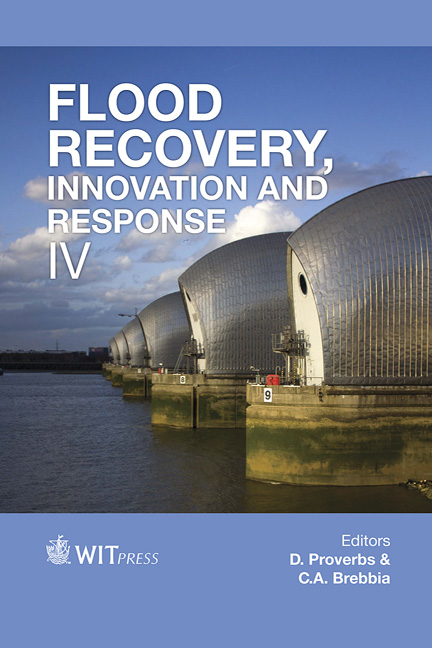Multi-robot System For Disaster Area Exploration
Price
Free (open access)
Transaction
Volume
184
Pages
12
Page Range
263 - 274
Published
2014
Size
1,533 kb
Paper DOI
10.2495/FRIAR140221
Copyright
WIT Press
Author(s)
F. Burian, L. Zalud, P. Kocmanova, T. Jilek & L. Kopecny
Abstract
CASSANDRA robotic system developed at LTR s.r.o. company and Brno University of Technology is described. The system contains an operator’s station controlled with one operator and a couple of robots – small and big ground robots, flying robots (quadrocopters), and mapping robot. The robots are primarily controlled by the operator with an advanced user interface with visual telepresence and augmented reality. Nevertheless, the robots include the possibility of semiautonomous operation based on self-localisation. The user interface consists of a computer, joypad, head-mounted display with inertial head-tracker, communication device, and Cassandra software developed by our team in Microsoft .NET. Orpheus class robots are described in the text. The robots are made to be reliable and to be able to work in extreme conditions, they are tested by a series of MIL-STD military tests for environmental parameters, EMC, vibrations and shocks, contamination/decontamination, etc. Orpheus-X3 is a general US&R robot with enhanced victim search capabilities, Orpheus-HOPE is made for water contamination measurements, Orpheus-AC2 is a ruggedized version for environmental parameter measurement. Two flying drones developed completely by our team are described, as well as EnvMap mapping robot for realtime construction of spatial digital maps with texture mapping. All the robots can be controlled with the help of visual telepresence and augmented reality – that makes robot control much more intuitive, and lets the rescuer concentrate on the mission itself. The control station may be used as a self-containing wearable system. The fusion system with multispectral measurement containing tricolor cameras, thermal imagers and TOF camera is described.
Keywords
robot, user interface, telepresence, augmented reality, data fusion.





